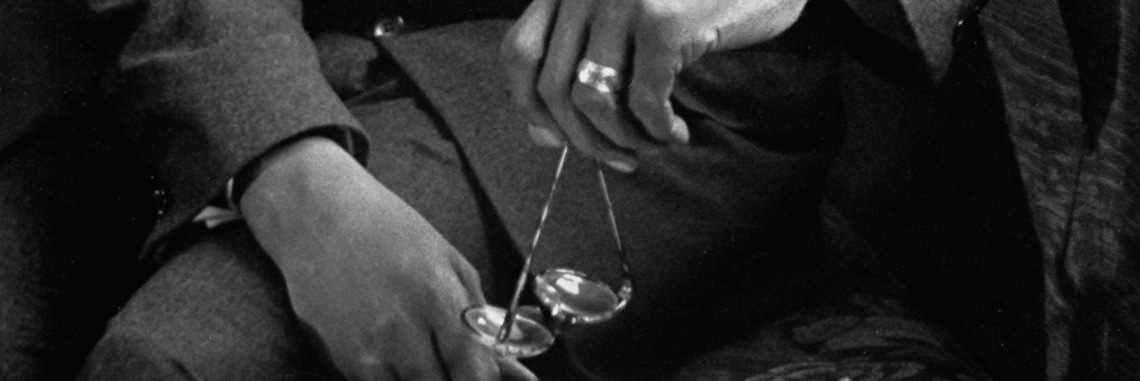
Wisdom
Learning the Wisdom of Jesus
Monday, February 22, 2021
Although we cannot be a part of Jesus’ original “seminary of life” as the disciples were, contemplative theologian Beatrice Bruteau (1930‒2014) proposes that we can learn the wisdom of Jesus by drawing closer to him, eventually coming to live out of the same consciousness he shared with God. She writes:
[Jesus as teacher] wants us to experience his freedom. . . . He wants us to enjoy his self-realization, his union with the Source of Being, whom he calls Father. It’s his own interior experience that he wants to share.
This means that the rest of us are to have this kind of experience. Whatever is reported of Jesus, therefore, is to be replicated in us. Just go through the Gospels and find out what he is like. It’s a revelation of what is in store for you, what is expected of you, what is promised to you, and what you in your profoundest reality always already are. What he experiences in his consciousness, we are to experience in ours. We are to enter into his very heart, the center of his being. . . .
Entering into the heart of Jesus means also entering into our own heart, the center of our being, the core of our existence. . . .
Jesus, as disciple-maker, calls himself the Way, hodos, a road [John 14:6]. The road is something you can walk on; it gets you from here to there. Jesus is such a path. The passing from depth to depth on the way into his heart corresponds to a passing from depth to depth in our own heart, where “heart” means the core of our existence, not just the seat of the affections. We can walk on this road which is Jesus first by petitioning him, then by studying him, later by imitating him, and by dialoguing with him. But after we have practiced these disciplines for some time, if we are to enter his heart, we must get into his own consciousness.
In order to share Jesus’ consciousness, Bruteau suggests that we take the Beloved Disciple who “reclined on the breast of Jesus” at the Last Supper [John 13:23] as our model.
In order to move closer to the heart of Jesus, we “lean back toward” him by sinking back into the depth of our own consciousness, sinking down toward the center of our
being. . . .
Each deeper level that we sink to . . . brings us closer to the heart or center of Jesus, because it is bringing us closer to our own center. . . . As we move back and down and in toward our [own] center, we are overlapping, so to speak, with the reality of Jesus more and more, as we come to corresponding levels of his being. . . . We are coming to know the Sacred Heart from the inside. . . . And our “inside” is coming to be more and more coincident with his “inside.” His Heart is becoming the heart of our heart.
Reference:
Beatrice Bruteau, Radical Optimism: Rooting Ourselves in Reality (Crossroad Publishing: 1993), 91–92, 94, 98.
Story from Our Community:
In reflecting on the non-dualistic view of Jesus (and ourselves) as human and divine, I was reminded of the quote from Pierre Teilhard de Chardin, “You are not a human being in search of a spiritual experience. You are a spiritual being immersed in a human experience.” Thank you to all at CAC; your beautiful work is changing my life and so many others. —Bob B.

